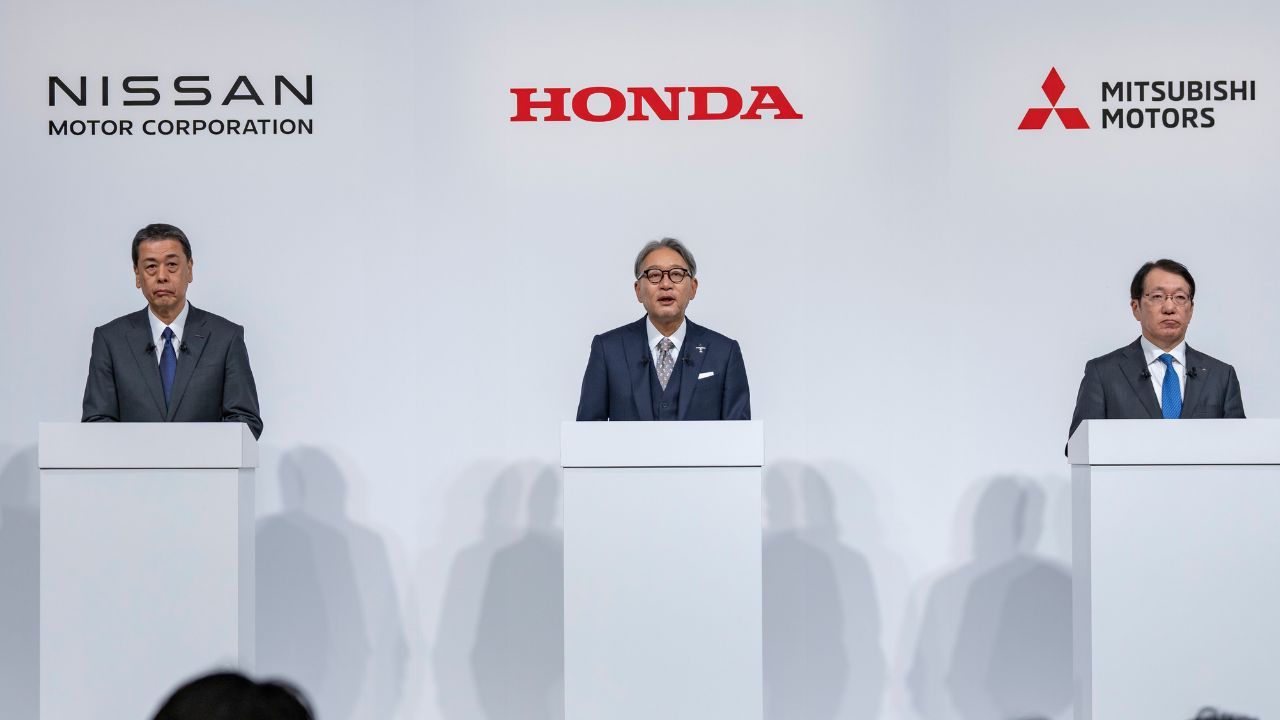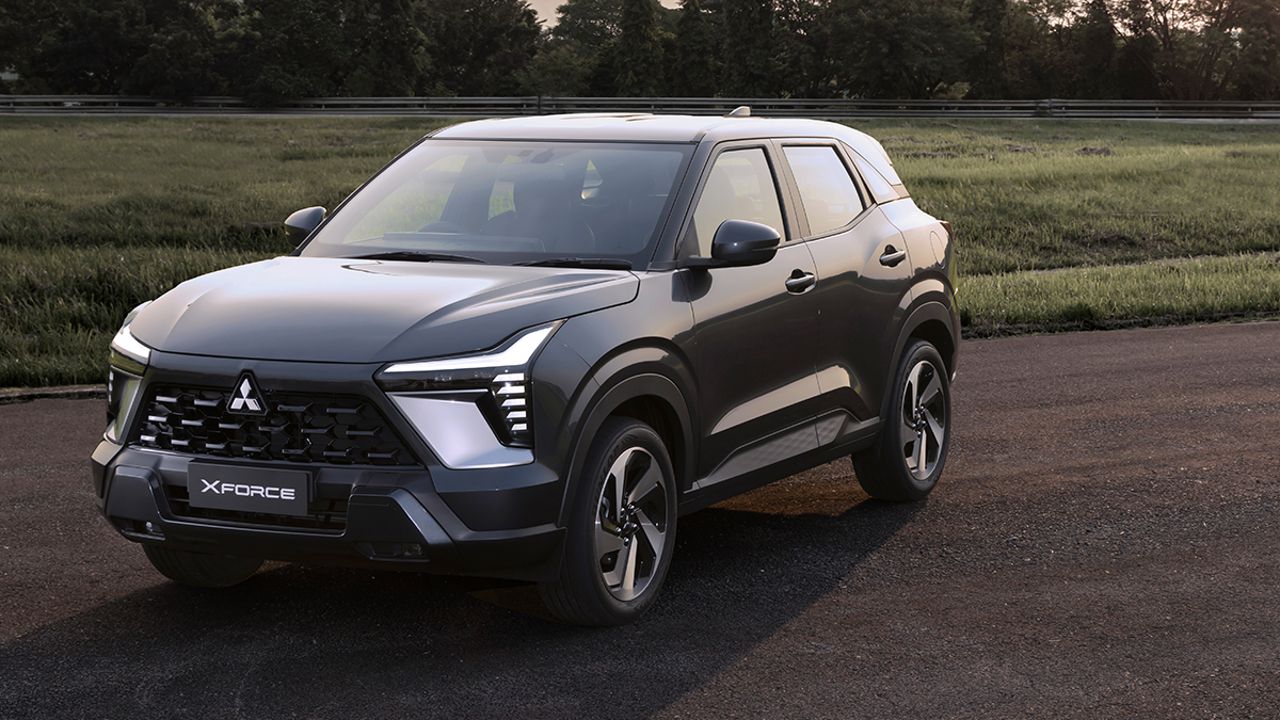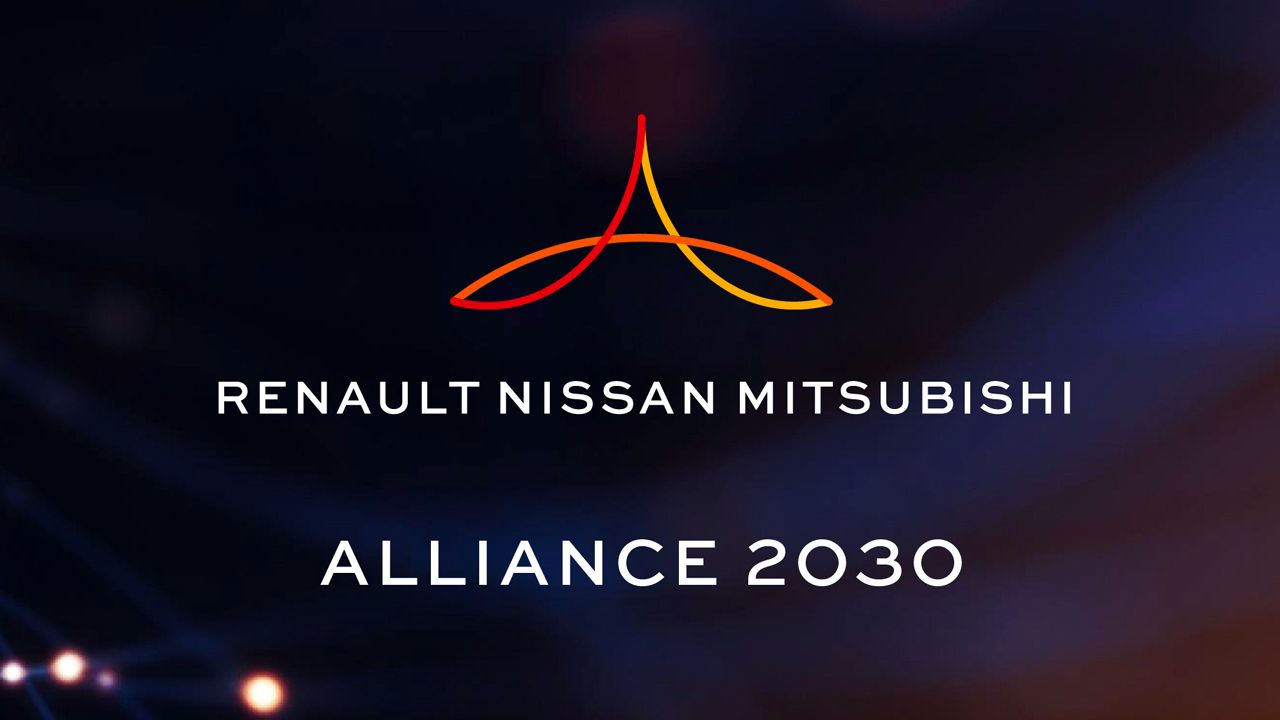Nissan to acquire 34% stake in Mitsubishi
Nissan Motor Co. Ltd. have officially announced that the Japanese company has signed a ‘Basic Agreement’ to buy a 34% equity stake in Mitsubishi

After recent events of Mitsubishi Motors was manipulating fuel economy figures of certain models of their cars in Japan, the Japanese auto maker’s value significantly and lost major market share in the region.
The scandal also affected Nissan, as they were also selling some of the Mitsubishi models through a partnership deal between the two brands in Japan.
Following the issue, Nissan Motor Company has issued a statement of intent to acquire 34% equity stake of Mitsubishi Motor Corporation, making Nissan the largest share holder of MMC. The equity stake in MMC is valued at 237 billion Yen (~ Rs. 14,543 cr.) as stated by Nissan.
The alliance in an extension of their existing agreement which the two companies have had for the past five years. The partnership between the two entities consists of cooperation in areas including purchasing, common vehicle platforms, technology-sharing, joint plant utilization and growth markets
Carlos Ghosn, chief executive and president of Nissan, said: “This is a breakthrough transaction and a win-win for both Nissan and Mitsubishi Motors. It creates a dynamic new force in the automotive industry that will cooperate intensively, and generate sizeable synergies. We will be the largest shareholder of MMC, respecting their brand, their history and boosting their growth prospects. We will support MMC as they address their challenges and welcome them as the newest member of our enlarged Alliance family.”
Osamu Masuko, chairman of the board and chief executive of MMC, said: “Through its long history of successful partnerships Nissan Motor has developed a deep knowledge of maximizing the benefits from alliance partnerships. This agreement will create long term value needed for our two companies to progress towards the future. We will achieve long term value through deepening our strategic partnership including sharing resources such as development, as well as joint procurement.”
Both entities are expected to sign a definitive Alliance Agreement by end of May, 2016.








Write your Comment on